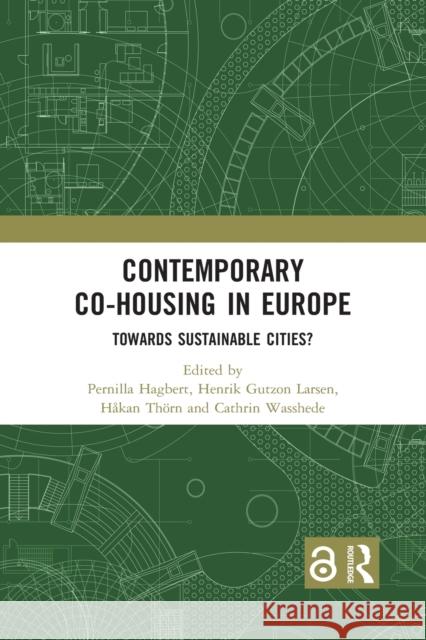Contemporary Co-Housing in Europe: Towards Sustainable Cities? » książka
topmenu
Contemporary Co-Housing in Europe: Towards Sustainable Cities?
ISBN-13: 9781032085234 / Angielski / Miękka / 2021 / 228 str.
Contemporary Co-Housing in Europe: Towards Sustainable Cities?
ISBN-13: 9781032085234 / Angielski / Miękka / 2021 / 228 str.
cena 219,90
(netto: 209,43 VAT: 5%)
Najniższa cena z 30 dni: 196,40
(netto: 209,43 VAT: 5%)
Najniższa cena z 30 dni: 196,40
Termin realizacji zamówienia:
ok. 16-18 dni roboczych.
ok. 16-18 dni roboczych.
Darmowa dostawa!
This book investigates co-housing as an alternative housing form in relation to sustainable urban development.











